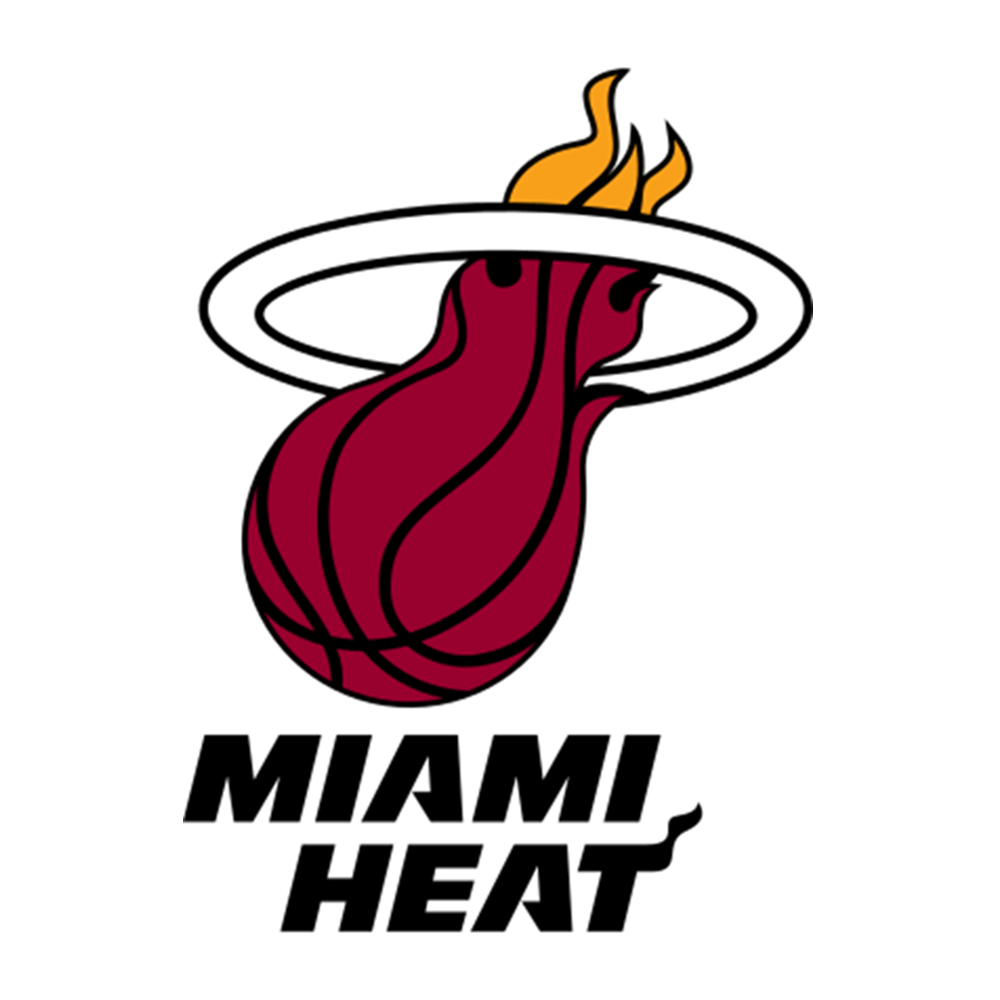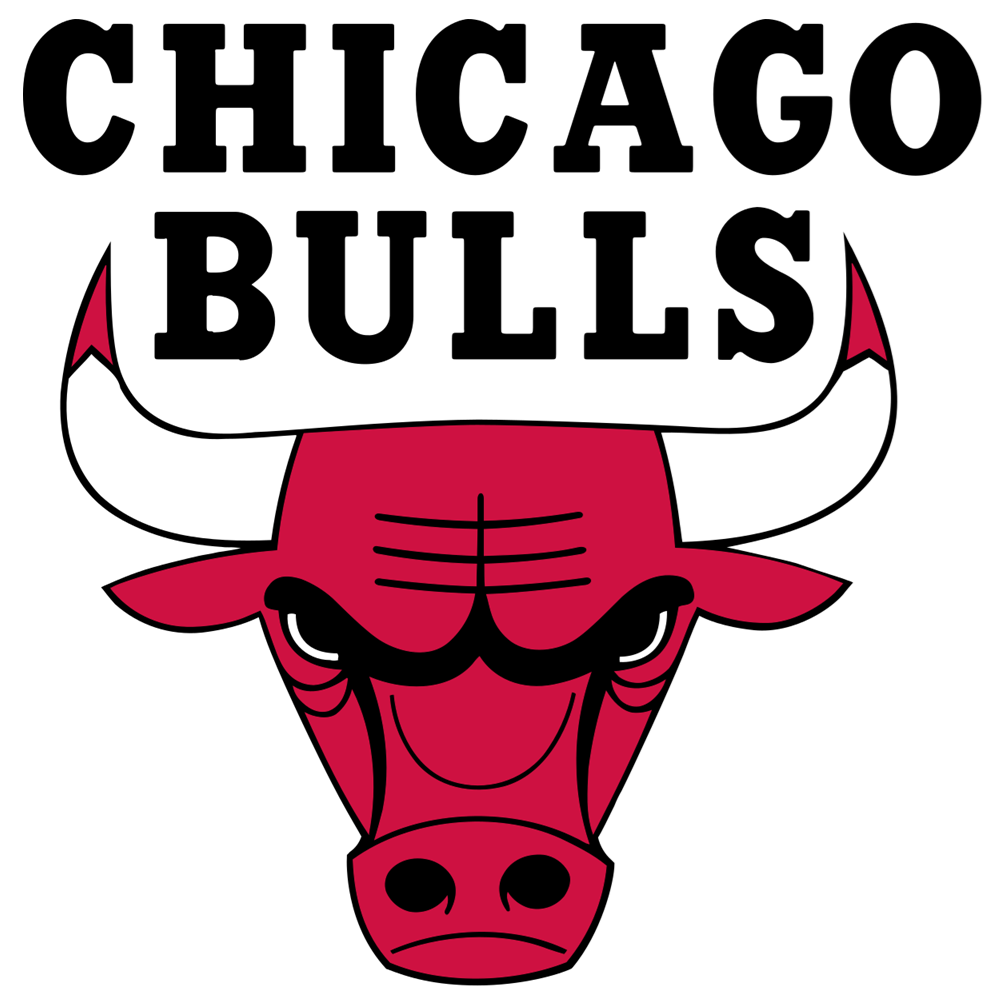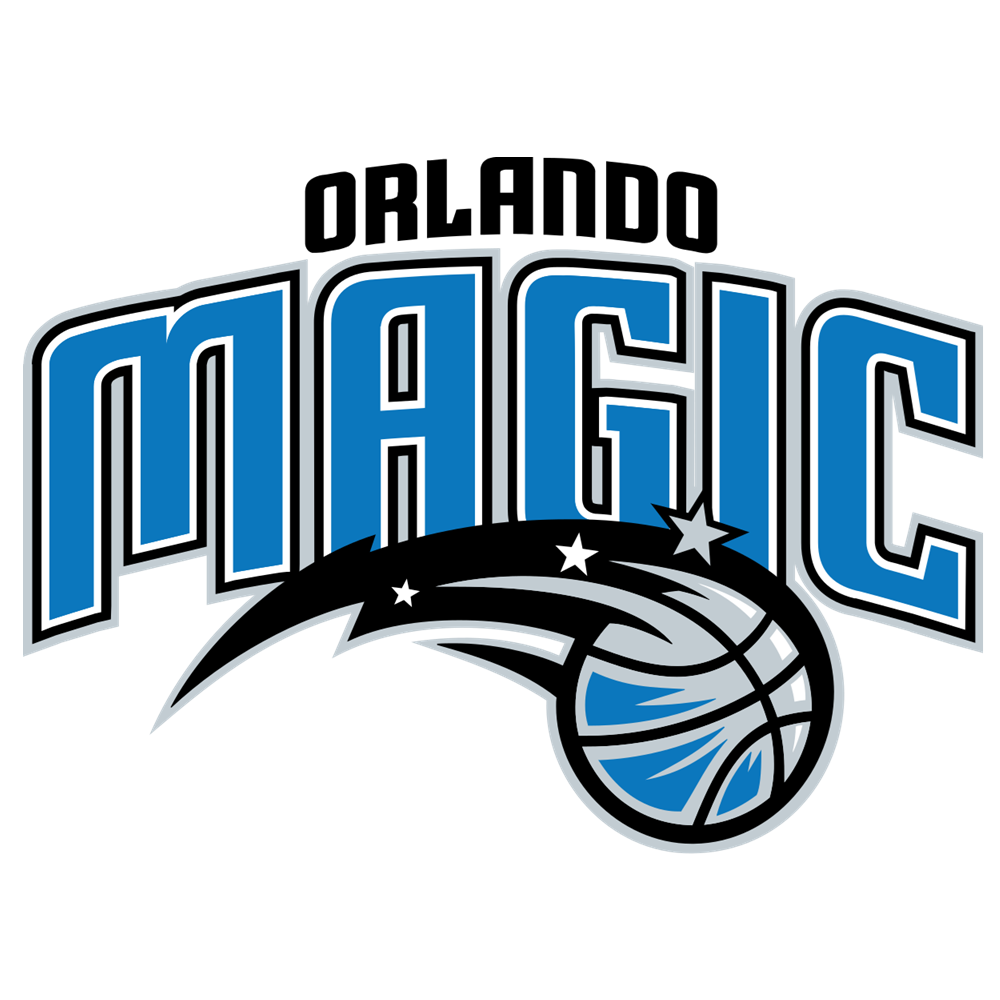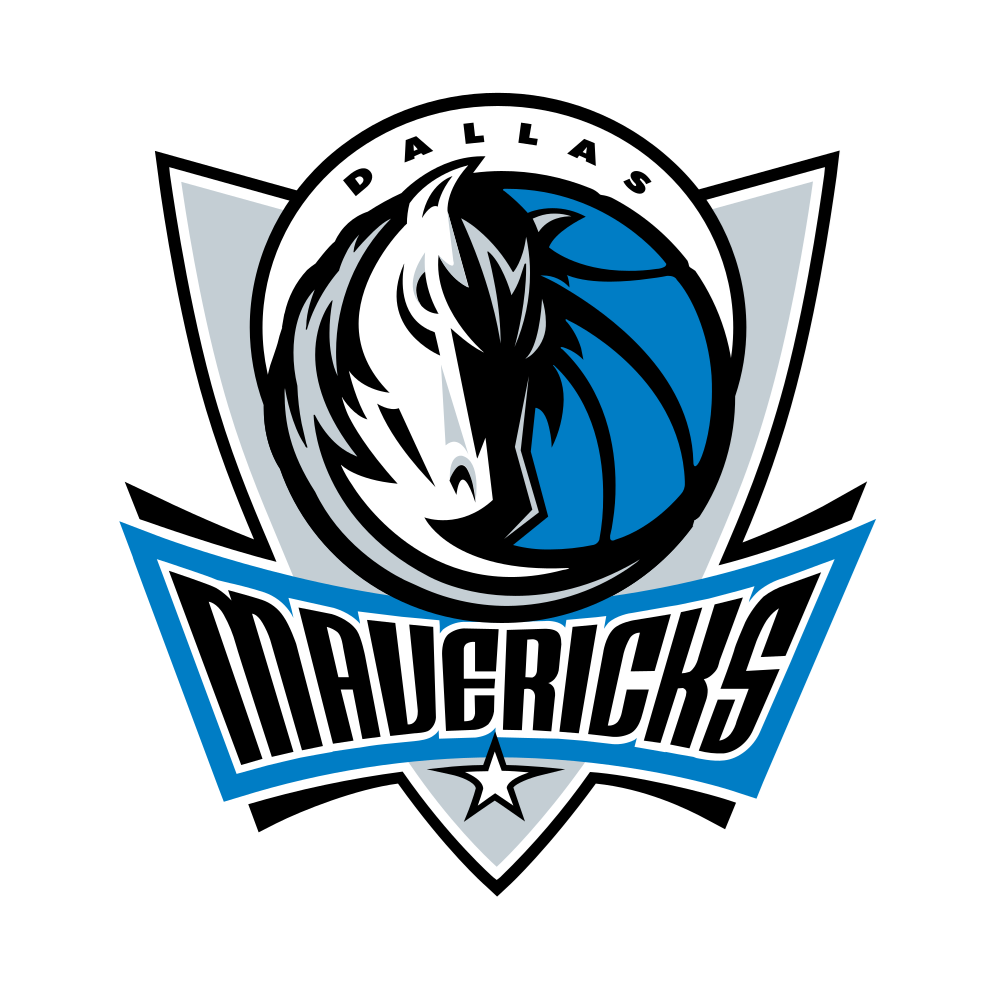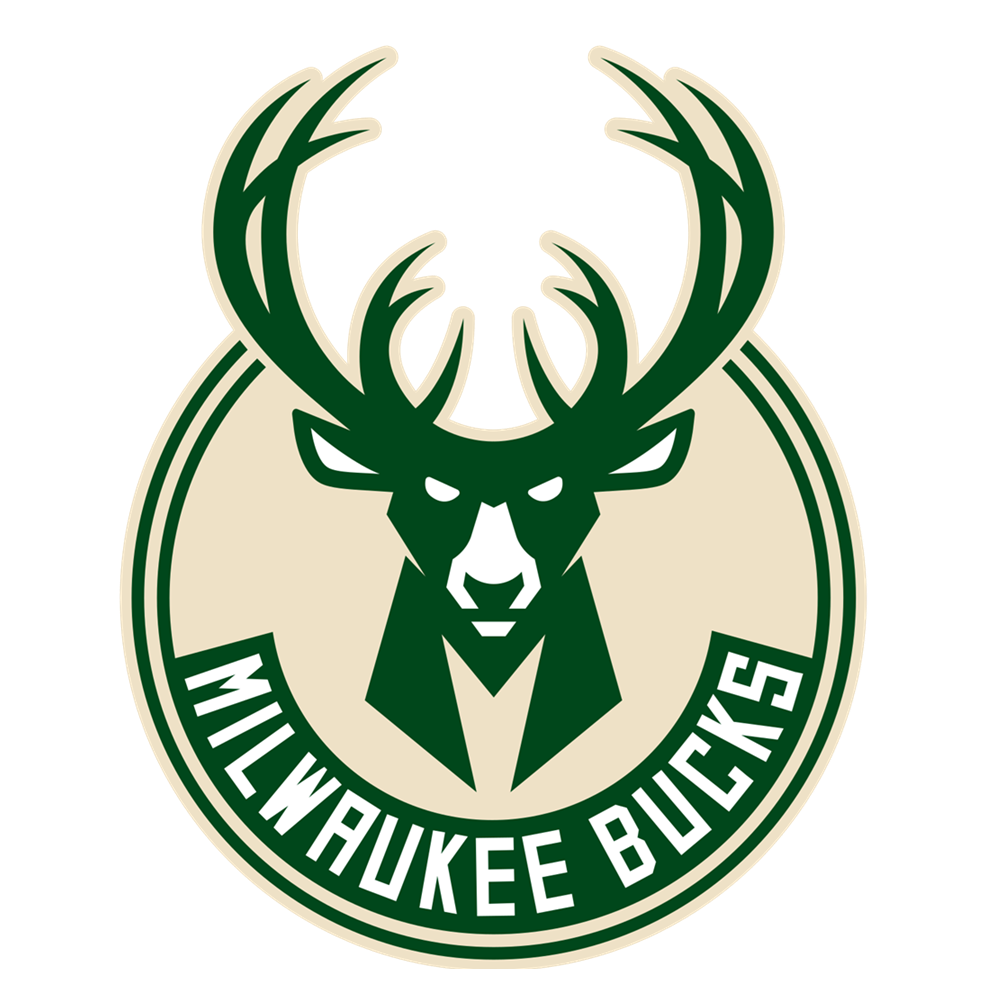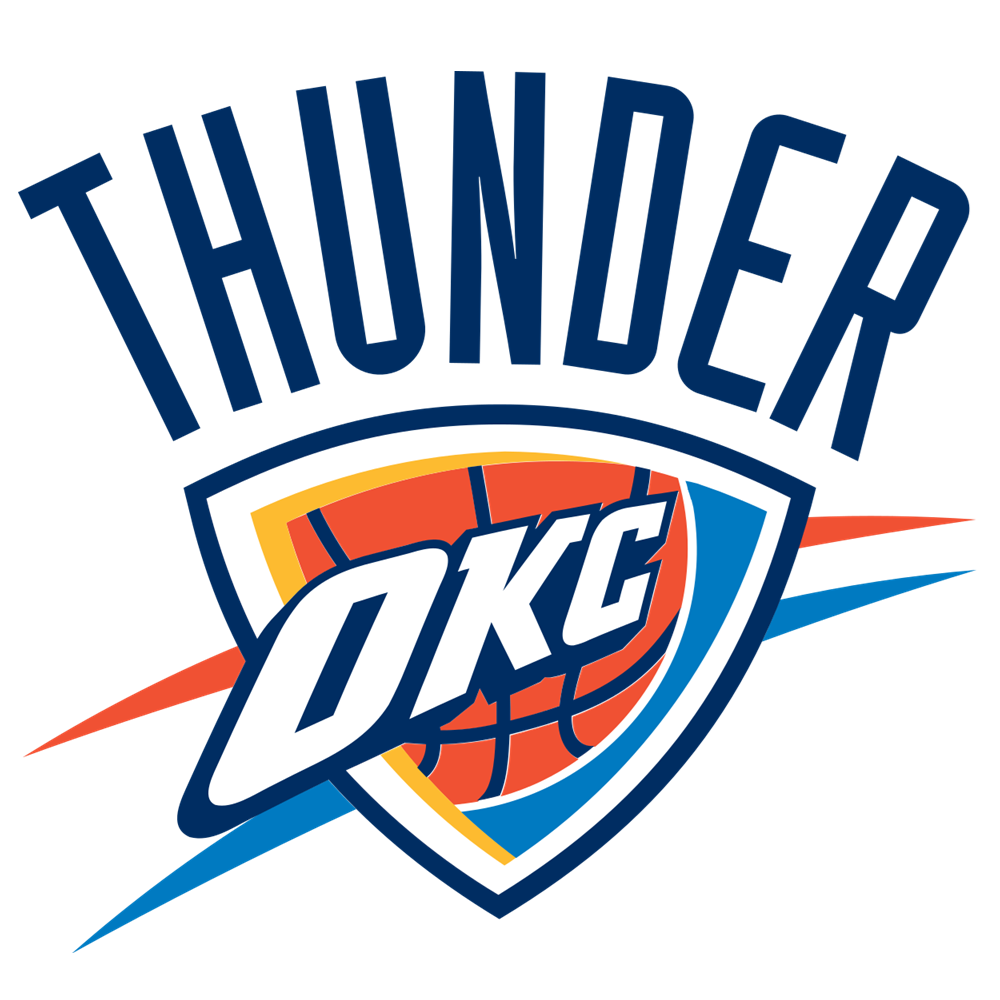51 points, 8 rebounds, 8 assists, on 59.4% shooting. And a ten-point overtime loss.
Only the sixth player ever to score 50+ points in an NBA Finals game, behind only Elgin Baylor, Bob Pettit, Jerry West, Rick Barry and Michael Jordan, and yet the first of those six to lose the game in question.
We are talking about a very unique player in a very unique situation, with very unique team mates playing an incredibly unique game. LeBron James just put up one of the best individual performances in NBA Finals history, and yet it likely will not be the bit that gets remembered.
How can it be when so much else happened?
If we generously pretend that the first 43 minutes of game action – in which the Cleveland Cavaliers and Golden State Warriors traded shot for shot in a high quality offensive exhibition that saw them never get more than a couple of possessions away from each other – did not happen, we can still find plenty in the final five minutes of regulation that did.
Between the block/charge call decision and reversal on LeBron James (initially called a charging foul on Kevin Durant, then controversially reviewed under a little-known technicality and ultimately reversed for a reason it was not reviewed for), Kevin Love’s foul on a Stephen Curry and-one drive on their final offensive possession of the fourth quarter, LeBron James’s decision to pass to George Hill in the final five seconds, Hill’s subsequent free throw miss, and most obviously J.R. Smith’s baffling decision to dribble out the clock after rebounding said miss while seemingly misreading the time and score situation and thinking his team were ahead when they weren't, a whole lot happened. And then some. It is barely even worth writing it down in this pace. It can only really be experienced by watching it.
What each of those plays did, though, was hurt Cleveland in the final minutes of a game they not only could win, not only so badly needed to win, but ought to have won. The Cavaliers needed only one of these breaks to go their way to have won the game. As it is, they lost them all, lost the game, and suffered a hugely significant loss in the series.
In a game so tight, every possession matters. As many possessions as an elite calibre NBA game has, it often comes down to just one or two that could have gone differently. One slight weakness or inadequacy in strategy can become terminal, as can crucial errors in high-leverage situations. Cleveland can wonder about whether, had any of the above individual plays gone differently, the outcome would have gone in their favour. Yet they had control over the factors that had even gotten the game to this point that they did not exercise.
Throughout the first 43 minutes of the game, Cleveland had repeatedly been beaten down the court by the Warriors; their transition defence was noticeably poor all night, and Golden State regularly feasted as a result. Just as Golden State’s greatest strength (their furious ball movement and offensive dynamism born out of a barrage of risky passes) lies right next to their greatest weakness (extremely high turnover rates and a general sloppiness, particularly early and late in games), so does Cleveland's greatest advantage sit right next to its biggest hole.
The Cavaliers have two very good offensive rebounders in Kevin Love and Tristan Thompson, yet every time they as a pairing go for an offensive board, they leave themselves open to the threat of the Warriors in transition, committed to one end of the court without the speed to get back. This is particularly true when flanked on the court by defenders such as Jeff Green and J.R. Smith, not exactly known for their permanent defensive energy. And in game one, while this crashing of the offensive glass did yield a high number of offensive rebounds for the Cavaliers (and also exposing a weakness of a Warriors team that has been leaky on its own glass all year), the strategy ended up costing the team overall via all the transition play.
And with that, yet another fine margin tipped against them.
It is true that such an argument can always be made the other way. For example, had JaVale McGee not reverted to type at one point, failing to recognise he was wide open under the basket for a dunk then rushing up an attempt and being blocked by the rim, the entire end of the game would have played out differently with Cleveland playing from behind. And that is just one example. Foot-on-the-line twos early in games are forgotten about come close late-game scenarios, yet more judicious line management could have alleviated some of that late game pressure. Etc etc etc. It happens every game.
Nevertheless, it is different with the Cavaliers, and particularly so last night. Partly because of the volume of extraordinary plays that went against them down the stretch of the game, but also because their margins are so much smaller. Put simply, these errors particularly at key times have to go; LeBron really cannot do it without a little bit more help than he is getting.
In this game, LeBron put on a historic performance. One of the greatest postseason performances ever, in fact, and certainly one of his. Setting a new career playoff high, with this performance, James tied Michael Jordan’s career total of 109 30+ playoff scoring games, and did everything he could to lead his team to victory. But his team could not accept the gift.
In overtime, a defeated Cavaliers team had nothing left to offer on the court. The Warriors shut the door, never got threatened in the extra period, and ultimately won the game by 10. And yet even then, more drama awaited that they came out on top of.
With 96 seconds left, Draymond Green (whose shot had been off all night) made a three-pointer to open up an unassailable 119-109 lead. Subsequently feeling chirpy, Green decided to get into some verbals with Cavaliers bench presence Kendrick Perkins, for some reason shimmying to annoy him as LeBron stepped to the line to shoot two largely inconsequential foul shots. Three possessions later, after James blocked a Curry lay-up, the two uncharacteristically exchanged words, all of which stirred the pot for the game's final act.
As Shaun Livingston put up a final shot with four seconds left so as to not be called for a shot clock violation, Thompson objected to the shot and fouled him hard. Perhaps inadvertently catching him in the face, but perhaps not; either way, referee Ken Mauer immediately ejected Thompson immediately for a flagrant two. The tensions boiled over, a shouting match ensued, Thompson took a long time to leave the court, and amidst it all, Kevin Love wandered onto the court, a act that historically the NBA has punished with an automatic suspension, no matter how big of a situation it was at the time.
Out of nowhere, Cleveland had a player ejected with possible repercussions to come, and potentially another key one, the second guy they cannot manage without either, suspended for a game two that Cleveland surely must win to stay afloat in the series. Green, the ultimate antagonist, came through once again. And so did the Warriors. Even with the game one, they scored another victory.
Game one of the 2018 NBA Finals was a masterclass in drama, an absolute showpiece for the excitement and theatre that is the NBA, and featured one of the best individual nights by any player ever. And yet somehow, LeBron James’s Cavaliers did not win it. It was known that Cleveland could only win this series if LeBron posted transcendent, all-time calibre individual performances. Yet he did that, and they lost anyway.
Ultimately, whatever happened in the game, whatever happened in the crunch time, whatever happened in the kerfuffle at the end, whatever lucky bounces caromed off, whatever marginal calls were given, whatever brain farts were committed, all just about came down on the side of the Warriors.
Doesn’t it always?
